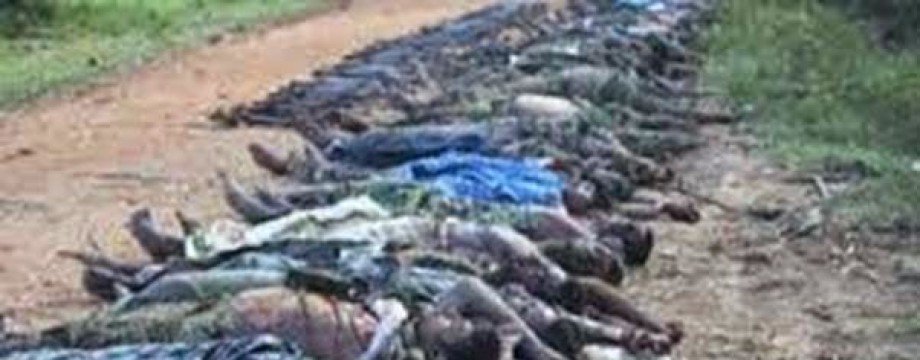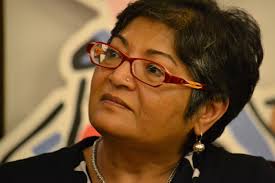Exiled Tamil Victims Of War Crimes Ready To Testify To Special Sri Lankan Court Only If International Judges Are Involved

June 12, 2016
Exiled Tamil victims of war crimes and torture say they would testify by video to a special court in Sri Lanka only if international judges were involved and their identities protected,” the International Truth and Justice Project (ITJP) said in a new report titled ‘Forgotten: Sri Lanka’s exiled victims’.
This comes as Sri Lanka is under scrutiny at the Human Rights Council in Geneva next week for its progress in implementing a transitional justice programme it outlined nine months ago and agreed to in a consensus UN resolution.
“To our knowledge this is only the third time – after Sierra Leone and Liberia – that victims outside a country have been consulted during a transitional justice process,” said its report’s author, Yasmin Sooka, “it’s important that thousands of Tamils who’ve fled Sri Lanka have a voice, especially as some are the only known surviving witnesses to alleged war crimes and crimes against humanity”.
Victims interviewed in the study clearly identified their top priority as criminal accountability, including the prosecution of those who were in positions of superior and command responsibility. Sri Lanka currently has no legislation incorporating superior and command responsibility. Victims were also clear that all of the transitional justice mechanisms, particularly the special court, must have a majority international staff in the form of judges, prosecutors, investigators and commissioners so as to guarantee independence and inspire their trust. They were clear that no amnesty should be offered for international crimes.
“These findings have huge implications for the design of the transitional justice mechanisms in Sri Lanka,” said Yasmin Sooka, “donors, the international community and the Government of Sri Lanka must take note and facilitate the participation of these victims”.
“The recent publication of Sri Lanka’s law establishing an Office of Missing Persons without input from the families of victims and civil society is contrary to the spirit of the UN resolution and the normative framework for participation and consultation. The Sri Lankan law is problematic as it does not deal with the criminal aspects of enforced disappearances,” she said.
This latest study by the International Truth and Justice Project is based on interviews with 75 Tamil victims in four different European countries. The majority had survived the final phase of the conflict in Sri Lanka in 2009 and 73% had been subjected to torture by the security forces after the fighting stopped, 54% to rape or other forms of sexual violence. 44% of those interviewed reported that a close family member had been tortured. In some cases multiple generations had been tortured as a result of the conflict.
“What is often under-reported is the extent of violations inflicted on the entire family, be it torture, reprisals or extortion. Worryingly several people reported that their families were still being harassed or threatened after the change of government in Sri Lanka in 2015 and this cannot create a conducive atmosphere in which to conduct national consultations,” said Sooka.
The ITJP study found the level of mistrust in the Government was very high; 94% of those interviewed did not think Sri Lankan officials would take any notice of their views. There was also a marked distrust of the international community, including the United Nations, because of a perception that many countries are now blindly supporting the new government in Sri Lanka.
Victims identified several steps that could help build trust; the most popular was the immediate return of land occupied by the Sri Lankan military. Asked what period of history the transitional justice mechanisms should cover, interviewees were split between starting with Independence in 1948 and in 1983 but the vast majority agreed the process should examine events right up to the present day. The victims hoped to see a Truth Commission established within a year.

